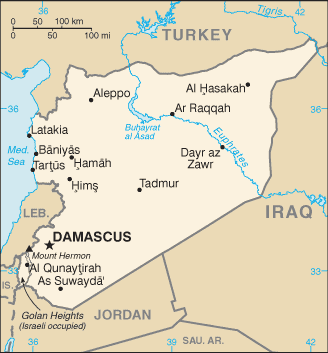With the announcement of some limited US acceptance of “vetted” refugees into the country, the hysteria surrounding the putative threat of ISIS sneaking fighters into the country as refugees is growing once again, with Republican presidential candidate Ben Carson the latest to rail at the idea of letting them into the United States.
 Yet advocate groups note that the claims are based on faulty assumptions about the nature of the refugees and the vetting process, and that the issue is “overblown” based on the facts. The majority of the refugees are actually children, and among adults women are overrepresented.
Yet advocate groups note that the claims are based on faulty assumptions about the nature of the refugees and the vetting process, and that the issue is “overblown” based on the facts. The majority of the refugees are actually children, and among adults women are overrepresented.
Still, it’s not hard to see how this hysteria got started, with officials like US spy chief James Clapper claiming he was deeply concerned about the refugees “descending on Europe” and the publicity from an absurd claim by a Lebanese official that 2% of refugees are secretly ISIS.
Being a refugee is hard, even for those who manage to get accepted into a Western nation. It’s been a huge challenge, and many don’t survive the voyage. Hiding in plain sight as refugees would be a herculean task for ISIS fighters, particularly with so many opportunities to be caught in vetting, stranded in a camp, or simply die along the way.
It also misses what intelligence communities around the world have been saying for years were the real danger of ISIS, that many of their fighters are from Western countries in the first place and have Western passports. They don’t need to “sneak” into Western Europe or the US, and have much easier ways to get here than a refugee trek.
Indeed, with all the efforts to get Western recruits to Turkey and across the border into the ISIS caliphate, it’s fair to say that the jihadists are much more worried with sneaking people out of the US than in sneaking them in.


